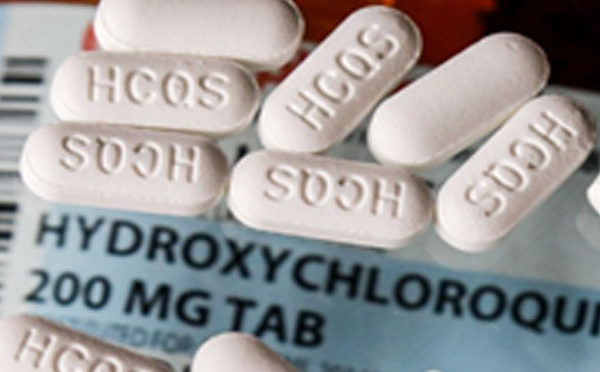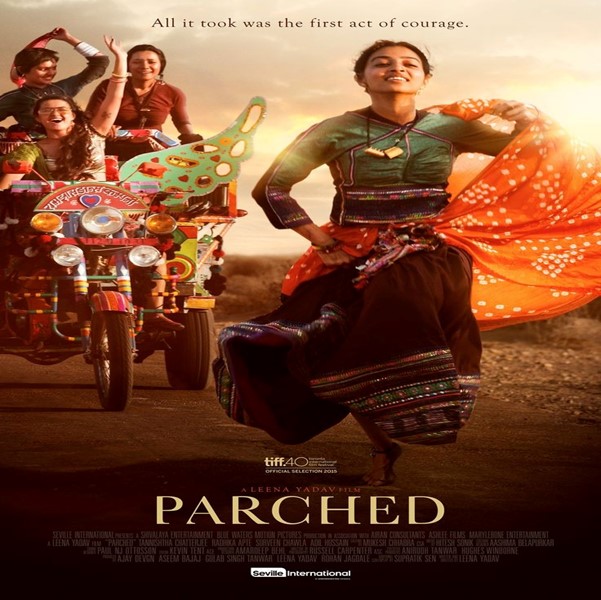Hydroxychloroquine- Anti Malarial Drug Will be the ‘Sanjivani’ For COVID-19?
Posted on : June 10, 2020Author : AGA Admin

Hydroxychloroquine (HCQ) is an anti – malarial drug similar to chloroquine, one of the oldest and best shown anti- malarial drugs , but with a lesser side-effects. It can be bought over the counter and is fairly inexpensive. The drug shot to fame as it is shown to have shorten the time of clinical recovery for COVID-19 patients. However, many of these results have been acquired from small lab- controlled testing and no proper human trials have been conducted to determine its efficacy. A study in France enrolling 80 patients show that thehydroxychloroquine alone in combination with azithromycin appeared to reduce viral levels quicker, as did a study in Wuhan-the epicenter of corona virus outbreak- in which it also appeared to reduce the duration of severe illness. It’s primarily on the basis of these results that the drug regulators in several countries, including India, have been prompted to approve the drug in restricted settings.
Several scientists fault the design of these trials. Hydroxychloroquine is an interferon blocker, and works by diminishing the immune system‘s response to viral infection. A hyperactive response by the immune system is said to be primarily responsible for Pneumonia, also a fallout of a severe SARS-CoV-2 infection. This property of HCQ is what makes it useful in autoimmune disorders such as Lupus and rheumatoid arthritis. The Indian Council for Medical Research (ICMR) has cleared HCQ to be used as a prophylaxis, or preventive medication, by doctors, nurses. Union Health Ministry, last month, moved it to Schedule H1, which can be sold on prescriptions only. In absence of better drugs and healthcare workers exposed to high level of the virus, HCQ could in theory modulate their immune system’s response to the virus and protect them.
Even the drug’s efficacy is not yet clinically proven, US President Donald Trump has been a proponent of its use, calling it a ‘gamechanger’. After imposing a blanket ban on the export of anti-malaria drug hydroxychloroquine on April 4, without exemptions on humanitarian grounds, India reversed the policy two days later. The decision to reverse the ban was made public hours after US president Donald Trump warned “retaliation” against India, if it did not revoke the ban on it exports. India eventually allowed export of the drug. India produces 70 percent of the World’s supply of hydroxychloroquine, according to Indian Pharmaceutical Alliance (IPA). This drug is not manufactured in developed nations such as the USA because of non- existent malaria. In view of humanitarian aspects of the Pandemic, it has been decided that India would license HCQ and PAaracetamol in appropriate quantities to our neighboring countries. But the pandemic has seen several countries displaying solidarity and cooperation providing effecting supplies to others even while tackling the novel coronavirus in their own backyards. Prime Minister Narendra Modi’s message to Mr. Trump that “India shall do everything possible to help humanity’s fight against COVID-19” should therefore be seen in that light.
Lauded as the pharmacy of the Global South, India’s decision to export the drug on humanitarian grounds to neighboring countries and others that have been badly hit by the pandemic is welcome. Till recently India relied solely on other countries for test supplies and may look to others for essential materials if the situation worsens. Also, India may have much to gain from the U.S in the future by this diplomatic act of supplying the drug at a crucial time. The sudden demand for hydroxychloroquine across the world arose after President Trump championed it as treatment for COVID-19 patients. The drug became much sought-after in India after the Indian Council of Medical Research approved its use as prophylaxis for novel corona virus by certain categories of people on March 23. Two days later, the drug was placed in the restricted category for export and included in schedule H1 on March 26 to prevent its sale over the counter, thereby preventing self-medication and hoarding. This was to ensure its availability to people with rheumatoid arthritis and other conditions.
India has a production capacity of 200 million hydroxychloroquine tablets of 200 mg strength each month and three well- established pharmaceutical companies make the drug. While the capacity is sufficient to meet the current demand, the companies are confident of ramping up production if the need arises. In all likelihood, in the short term, India might not run out of hydroxychloroquine as the national taskforce for COVID-19 had relied on weak , anecdotal evidence to make the recommendation. Though the U.S. Food and Drug administration issued an emergency use authorization for the drug Administration issued an emergency use authorization for the drug to treat COVID-19 patients, on April 7, the Atlanta-based Centers for Disease Control and Prevention revised its position saying there is no drug available to prevent or treat COVID-19. Clearly, more research work will eventually prove the efficacy of the drug
Amrita Chowdhury
Intern, AGA





Leave a Reply